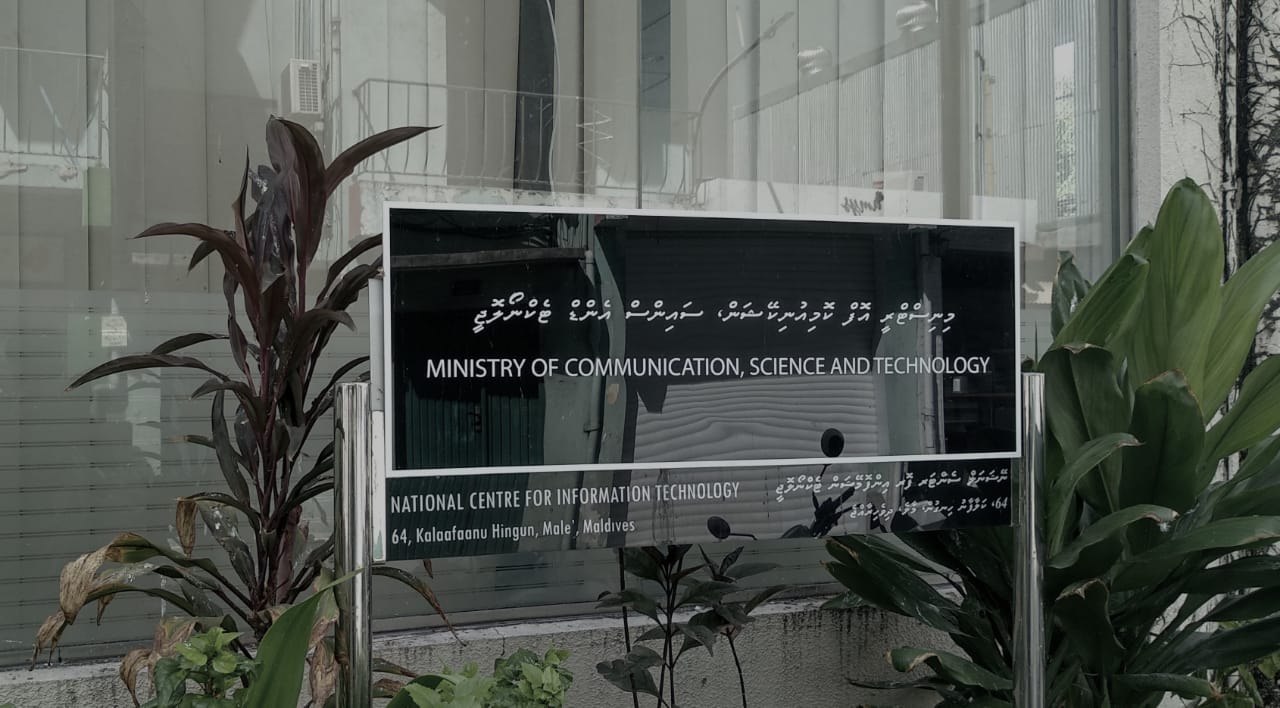Minister denies graft at communication ministry, marginalising Shaafiee
Ex-state minister said he resigned because his corruption fears were not being addressed.

24 Jun 2019, 09:00
Minister of Science, Communication and Technology Mohamed Maleeh Jamal has dismissed corruption allegations made by his former state minister and instead accused Mohamed Shaafiee of having neglected his work.
Shaafiee announced his resignation on Thursday, saying his concerns over the planned acquisition of software solutions for Dharumavantha Hospital had been ignored.
A day later, Shaafiee posted a blog post with a series of allegations against the minister.
In March, Shaafiee warned that corruption involving the 25-storey Dharumavantha Hospital (adjacent to Indira Gandhi Memorial Hospital (IGMH) but under the same management and generally considered to be one hospital) would “continue with the planned bidding of a multimillion dollar healthcare software suite”.
Become a member
Get full access to our archive and personalise your experience.
Already a member?
Discussion
No comments yet. Be the first to share your thoughts!
No comments yet. Be the first to join the conversation!
Join the Conversation
Sign in to share your thoughts under an alias and take part in the discussion. Independent journalism thrives on open, respectful debate — your voice matters.




